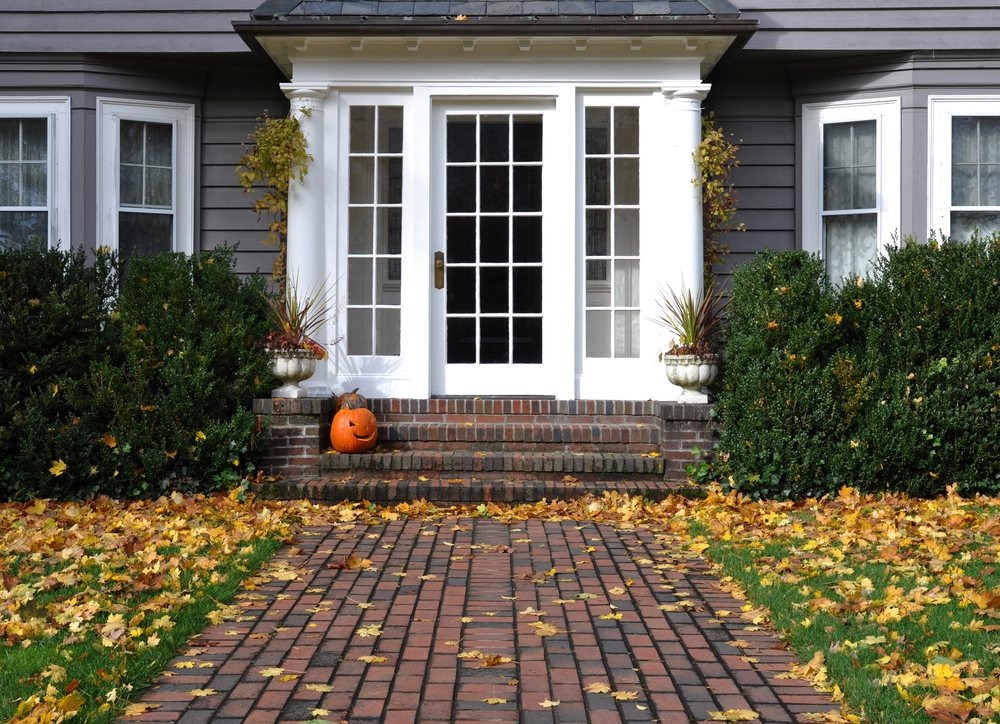MA Property Insurance FAQs
 Shopping for MA property insurance? Great news! Our experts work with thousands of property owners in Massachusetts—helping to protect their homes and businesses. We’re happy to answer your questions and shop our list of carriers to identify the most competitive insurance rates. Give us a call: 508-339-2951 or read through the questions below to start your process. Hope you find this information helpful!
Shopping for MA property insurance? Great news! Our experts work with thousands of property owners in Massachusetts—helping to protect their homes and businesses. We’re happy to answer your questions and shop our list of carriers to identify the most competitive insurance rates. Give us a call: 508-339-2951 or read through the questions below to start your process. Hope you find this information helpful!
Am I required to buy MA property insurance?
Not by the state, but often by the terms of your mortgage contract or lease agreement. If you finance your home with a loan, for example, most lenders will require proof of MA property insurance. If you’re renting business space, both you (the tenant) and the landlord should maintain various property coverages. In fact, before signing any commercial lease, we highly recommend asking an independent agent (not just a lawyer) to review the insurance held by all parties.
What’s included in my property insurance policy?
This is very specific to the exact policy you buy, but generally speaking, residential property insurance should offer four types of protection:
• Dwelling Coverage: coverage for the physical structure(s) on your property, e.g. the house or building and anything attached to it
• Property Coverage: coverage for the possessions you own inside the house or building
• Liability Coverage: coverage for any injuries or damages that occur on your property (or possibly even elsewhere)
• Additional Living Expenses Coverage: coverage to pay for lodging expenses if you are displaced by a disaster on your property
What does property insurance cost in MA?
Massachusetts property insurance is about middle of the pack, compared to other states’ averages. But, of course, every property is different. Here’s a very helpful article that answers the question: how much is home insurance (in MA)? Commercial property insurance is a more complex and individualized topic.
Generally speaking the cost of property insurance is based on numerous factors you can’t control and a few that you can. Factors you can’t control include (but are not limited to): the size of the property, the age of the building, the location (high crime area or not, proximity to fire station), and any previous claims at that same address. Your rate will also depend on decisions you make about how much coverage you want. For more on the factors you can control, keep reading…
Is there anything I can do to lower the cost of my property insurance?
Maybe. But it’s always important to put your coverage needs ahead of trying to save a few bucks. By working with an independent agent, you can obtain property insurance quotes from a variety of carriers. You can also ask your agent to compare different policy provisions. Your agent will then be able to explain what you gain or lose when you adjust variables like:
• DEDUCTIBLE
Property insurance rates can be affected by the deductible you select. A “deductible” is the amount of money you would pay out of pocket before the insurance company kicked in any reimbursement, if you ever needed to file a claim. Opting for a higher deductible often results in a lower annual rate. Here’s more info on what your deductible should be.
• REPLACEMENT VALUE vs. ACTUAL CASH VALUE (ACV)
Many home and business owners are under the misconception that, after a disaster, insurance will cut them a check that’s big enough to buy all new possessions. But this isn’t true—unless you have full replacement value coverage. Even then, certain property items (e.g. jewelry or computers) may be capped at lower limits. So, while it’s not exactly fun to imagine everything you own getting destroyed, it’s essential to have a detailed conversation about ACV, replacement value coverage, and special endorsements you may wish to add. (And if we can be biased for a second: Good luck getting actual details from a guy on the other end of a 1-800 number.)
• LIABILITY COVERAGE
Another factor that can affect property insurance rates is the amount of liability coverage you select. For homeowners, the minimum standard is usually $100,000 in liability coverage. Why might you elect to buy more than that? Because unfortunately, if you’re ever saddled with a lawsuit, the cost of your legal defense and settlement could be much higher.
Before getting property insurance in MA, will I need to have a property inspection?
Probably, but not always. Insurance carriers need to inspect your property—inside and out—to fully assess potential liability risks (e.g. a dangerous stairway, a dilapidated roof). They also need to determine what it would cost to replace your home or business after a major disaster. In some cases—especially for newer homes or homes that have been recently inspected—insurance companies will forego the inspection or simply do a drive by/walk around the exterior of the property.
If I already have home insurance and I run a business from my home, do I also need business property insurance?
Probably. And we’re not just saying that to sell more insurance. The truth is, many residential property policies exclude coverage for business-related property or equipment. Read more about insurance for home-based businesses.
What if I need insurance for a rental home or vacation property?
Good question! If you’re researching MA property insurance for a home you plan to rent on a vacation rental site, read our advice on Airbnb insurance (now with updated content to address Massachusetts’ 2018-2019 laws).
Is all MA property insurance the same?
No. Definitely not. Property insurance should be tailored to fit your unique needs. For some owners, it might make sense to ask about topics like flood insurance in Massachusetts, building ordinance coverage, or other niche coverages related to home and property.
For business property owners, you’ll want to discuss closed versus open-perils policies. If specific events like power outages aren’t already covered, endorsements like Utility Service Disruption coverage can be added. You might also want to ask if/how certain contents within your property (equipment, technology, business data) are protected.
Do I qualify for any property insurance discounts?
Maybe. It never hurts to ask. Some carriers will offer discounts for “safe home” modifications—like smart home security systems and alarms. Most carriers will offer a better rate if you bundle your auto and property insurance.
What are the best companies for MA property insurance?
It’s impossible to elect a “best” company; different carriers specialize in different types of property insurance, while offering programs with different pluses and minuses. Some companies may be better options for those who own older homes, while others are ideal for high-value homes and for people who maintain expensive wine or art collections. If you’re looking for recommendations on the top options for you, please give us a call: 508.339.2951.

